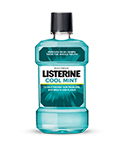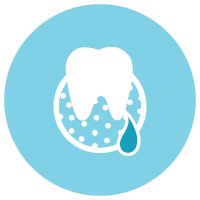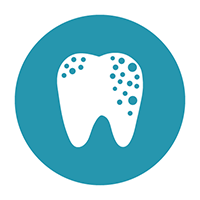THE ASSOCIATION BETWEEN DIABETES AND DRY MOUTH
“Xerostomia” is the clinical term used to describe dry mouth. It can leave the mouth feeling too sticky or dry to speak and eat comfortably, lead to mouth sores, cause a burning sensation, and allow for a significant increase in cavities. While the side-effects are unwelcome and bothersome, it is the result of dry mouth that is even more serious to consider: cavities.
What Causes Dry Mouth in Diabetics?
Diabetics tend to have more problems with dry mouth due to their body’s natural metabolism. The condition is a side-effect of diabetes as well as certain types of medications (such as those used for treating asthma, or over the counter allergy drugs). Some studies suggest that maternal diabetes can result in degeneration of saliva glands and gland function in offspring.
Tips to manage Dry Mouth
Because dry mouth is not necessarily something that can be treated, dentists and dental professionals aim to assist their patients in finding ways to manage the symptoms. The recommendations are typically as follows:
Oral Hygiene :
Sip water frequently throughout the day
Supplement daily brushing and flossing with a fluoridated mouth rinse/ fluoridated gel
Use fluoride toothpaste
Schedule frequent visits with the dentist for cavity screenings
Request a professional fluoride application during each dental checkup
Saliva Stimulants:
Incorporate the use of dry mouth products to aid in lubrication like lozenges, mucin spray and humidifiers
Use sugar-free mints and gums to promote saliva production




